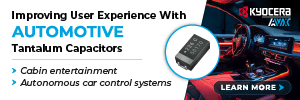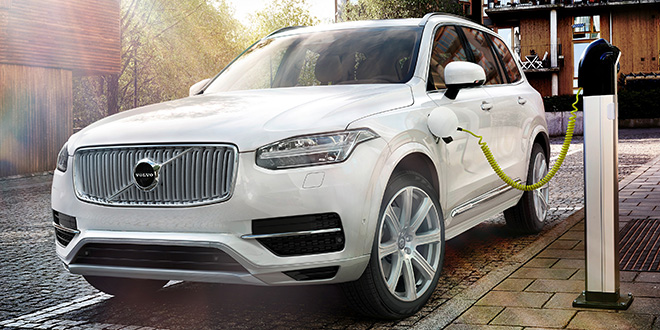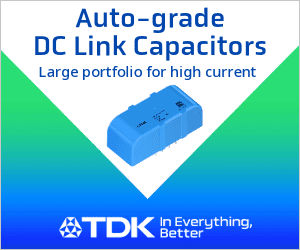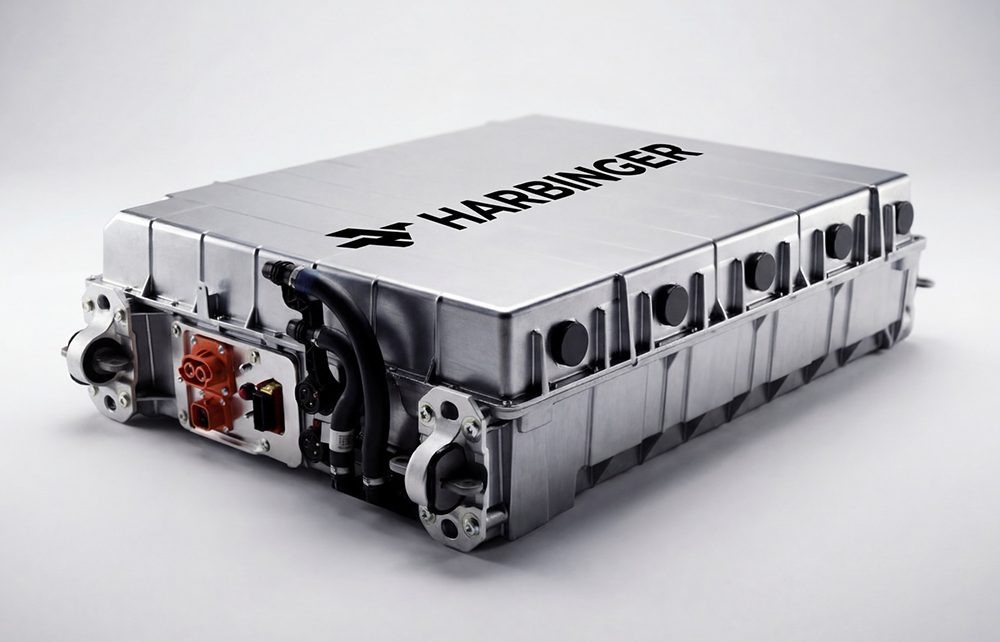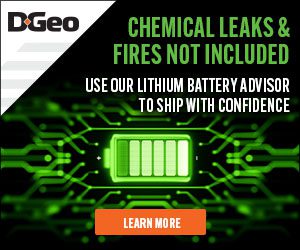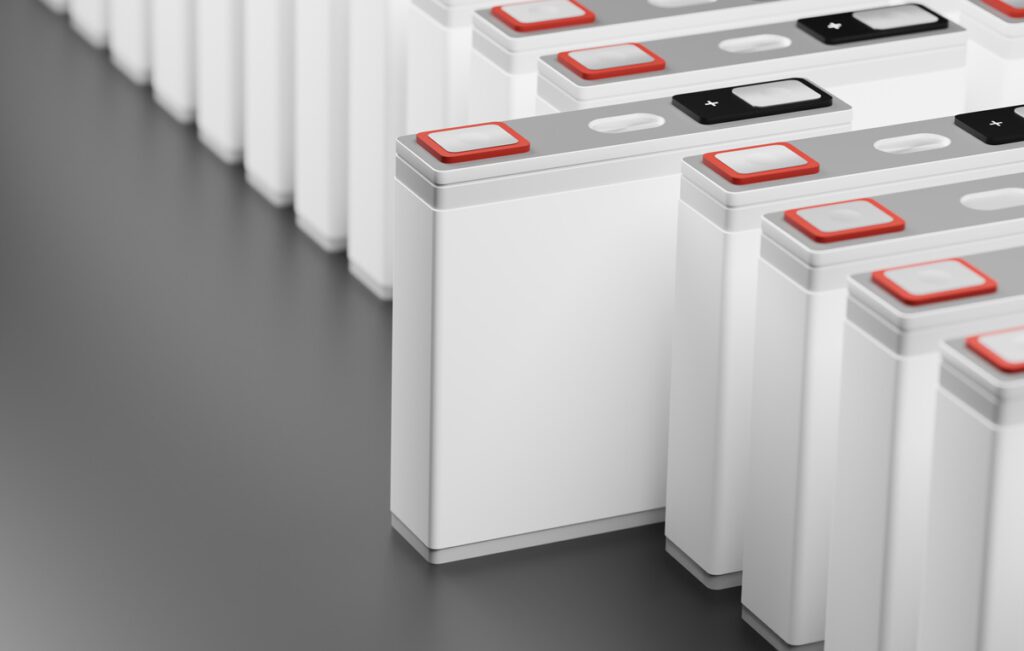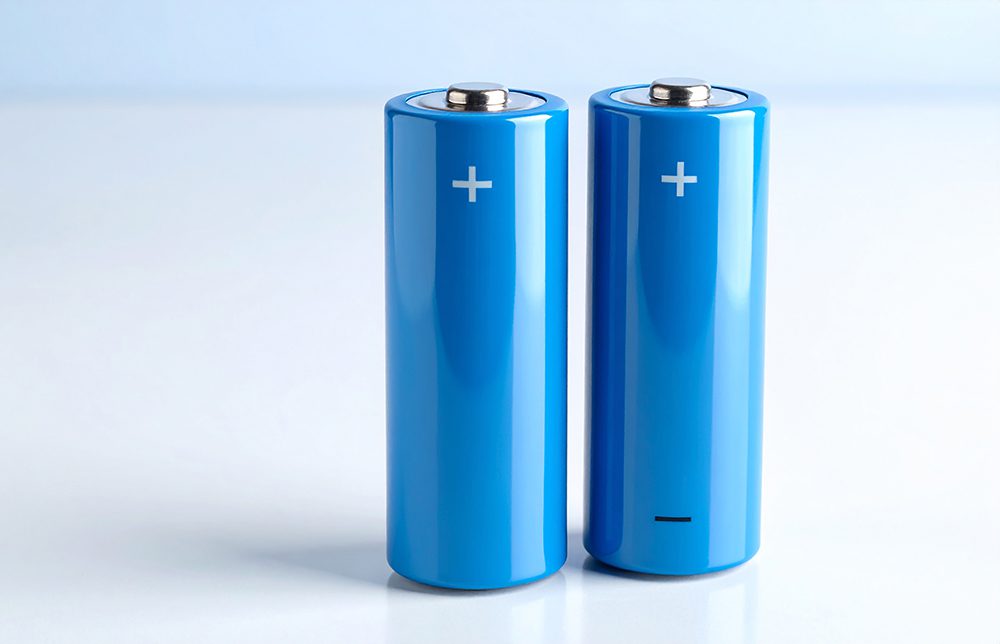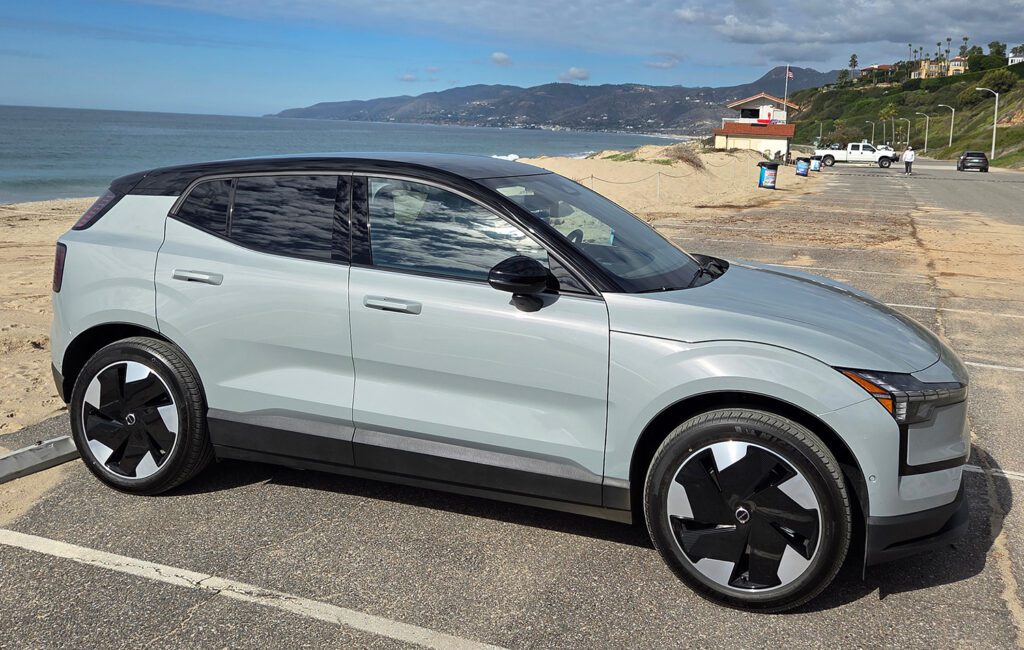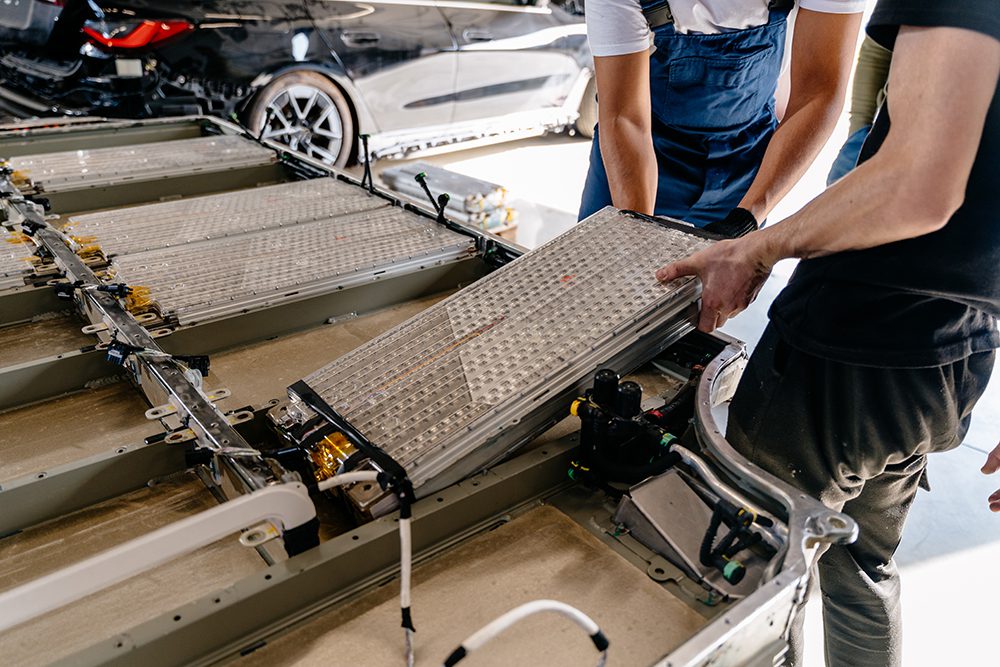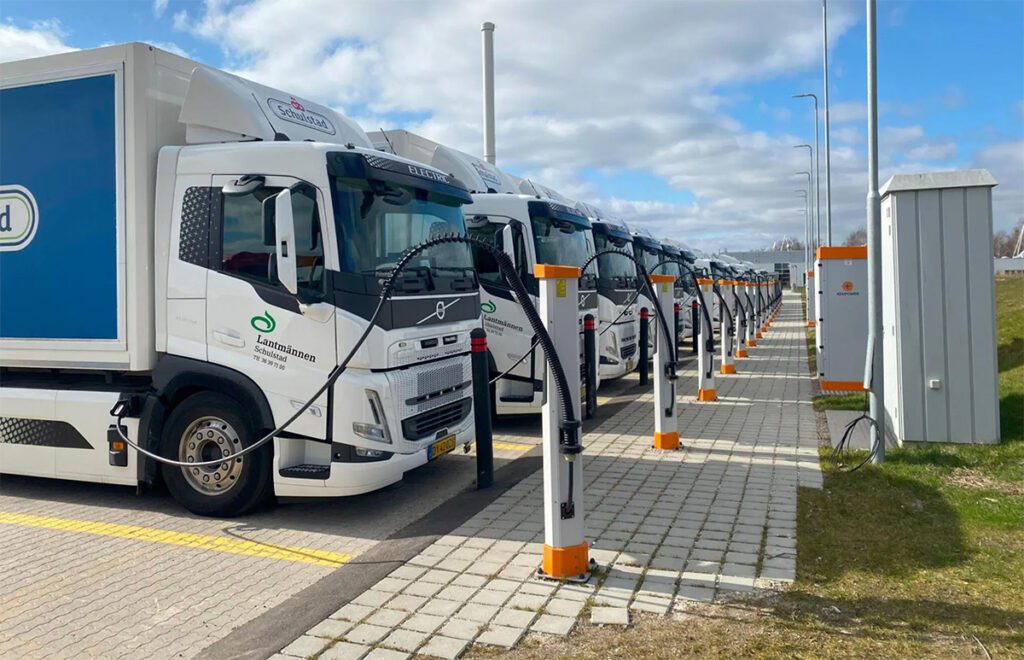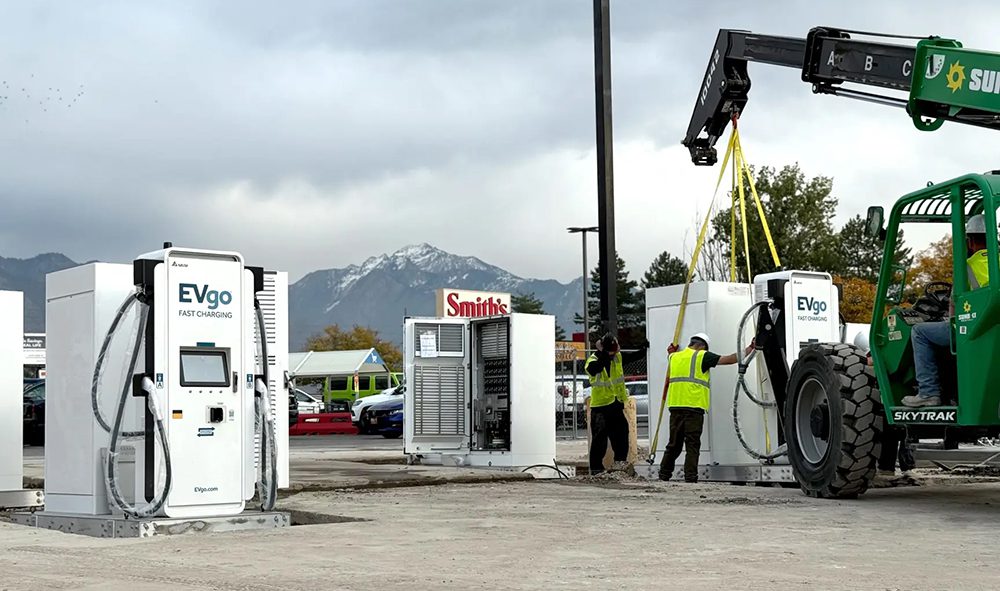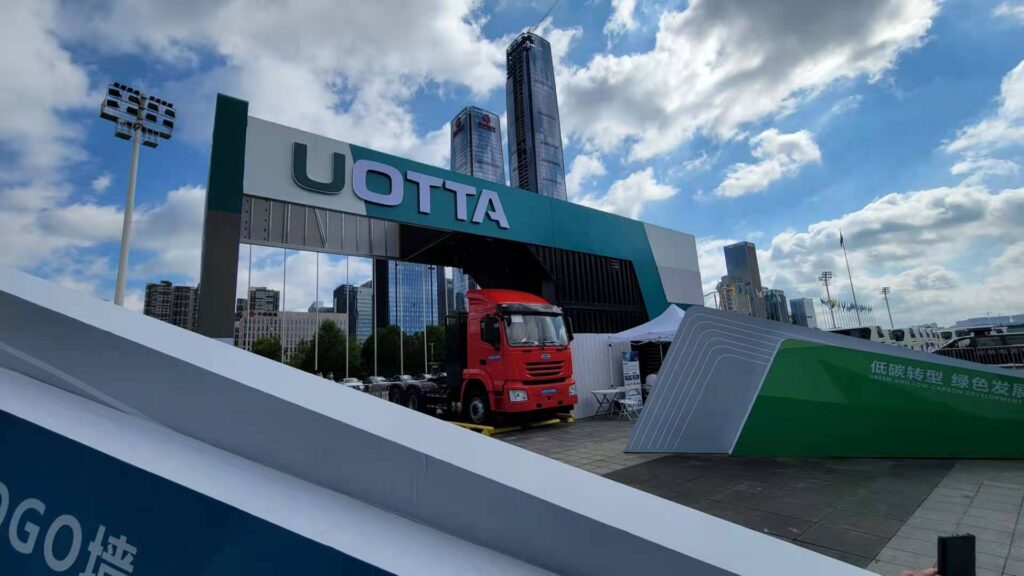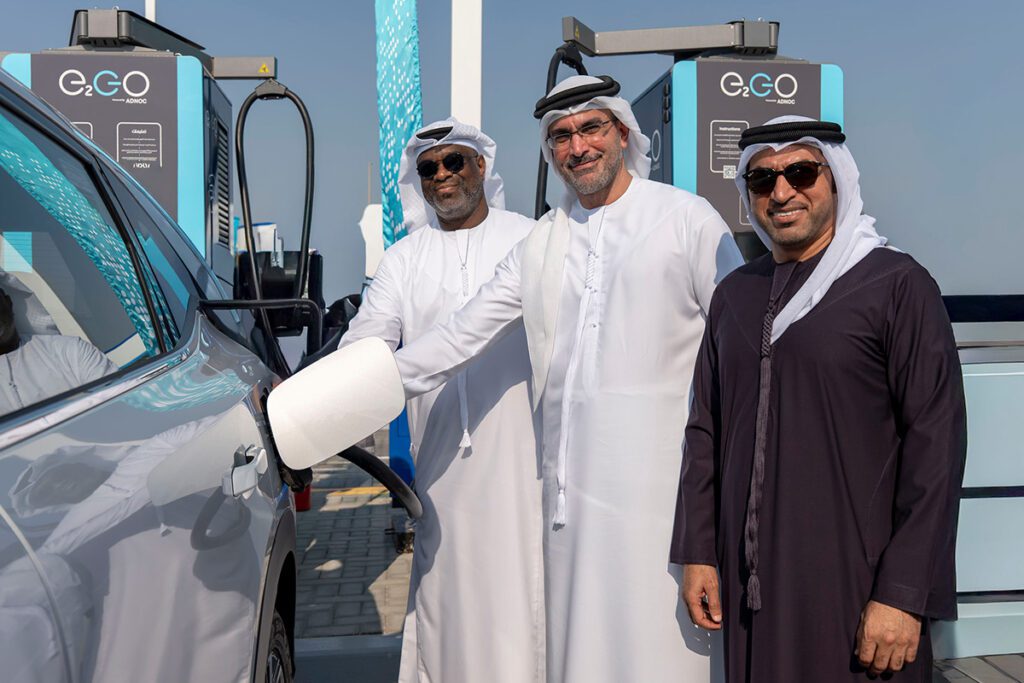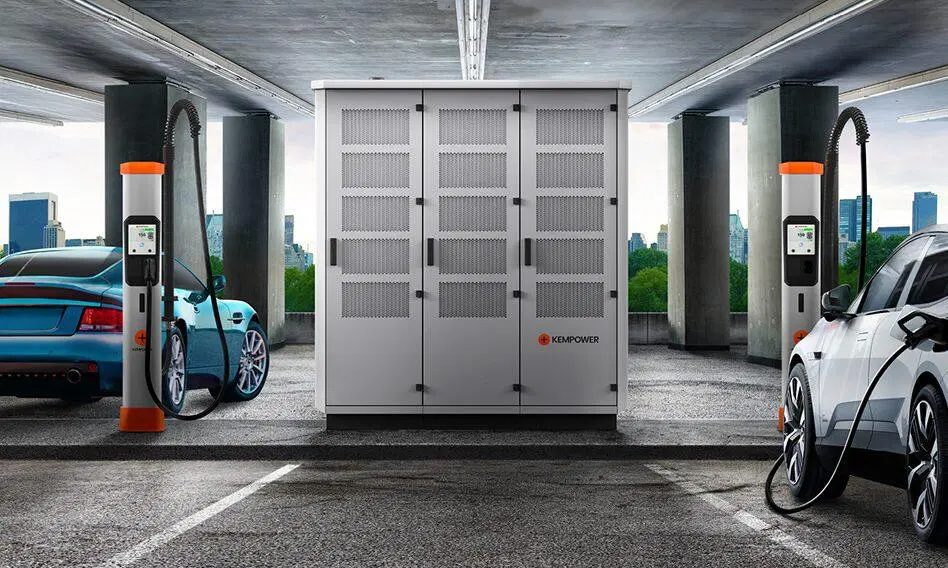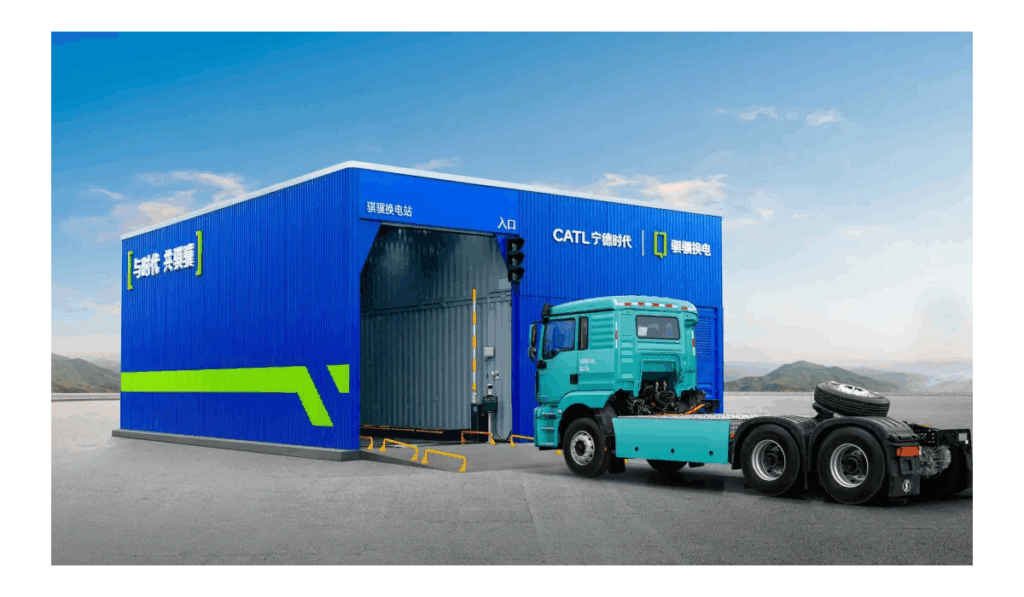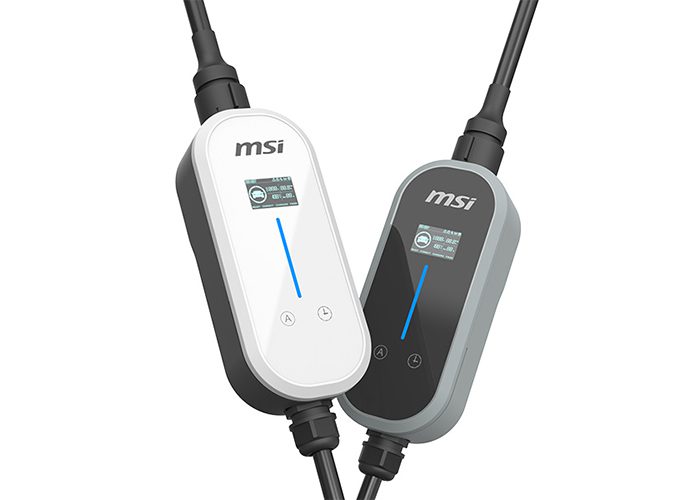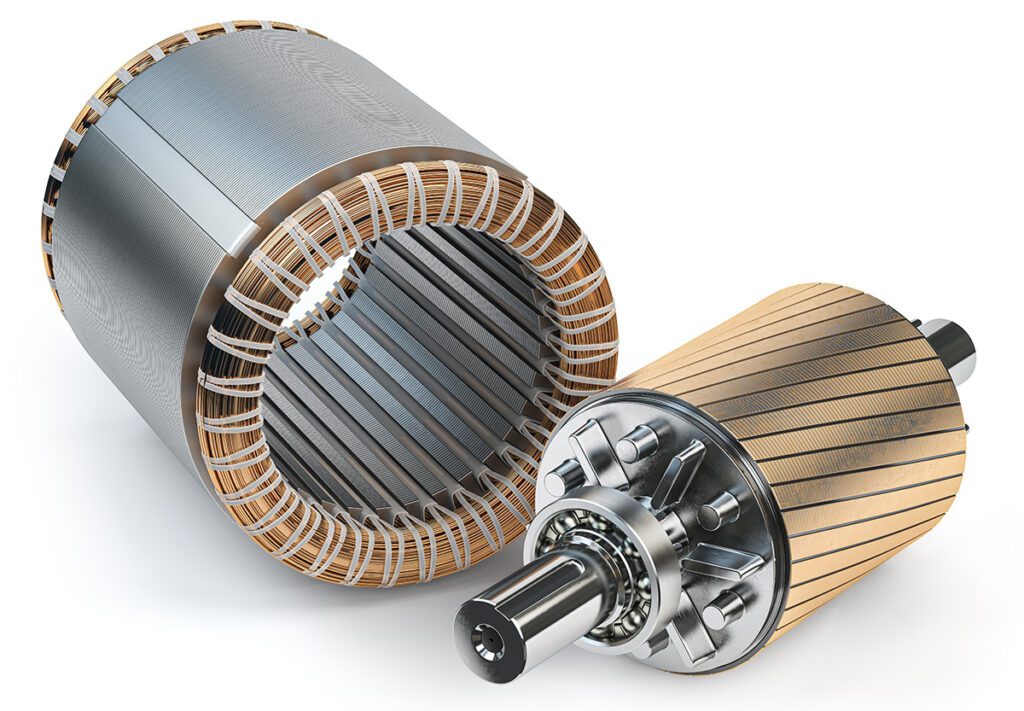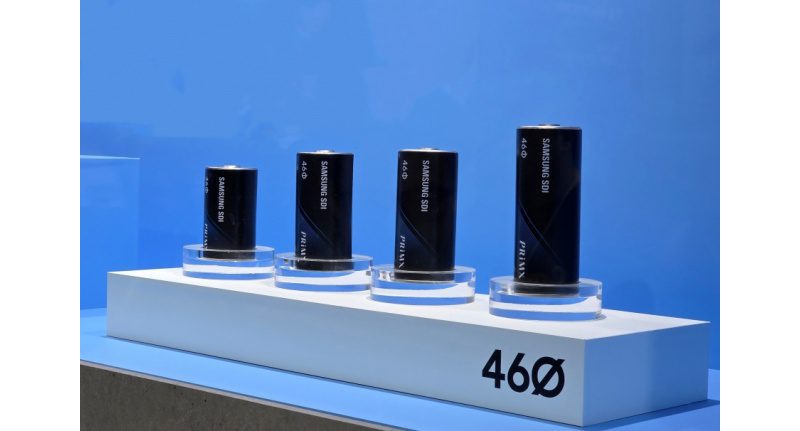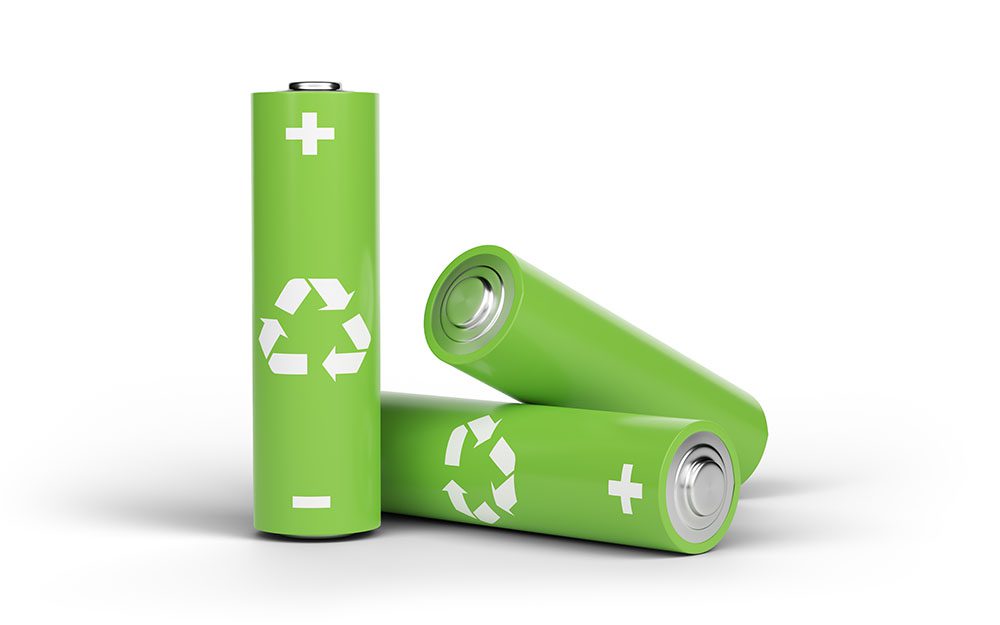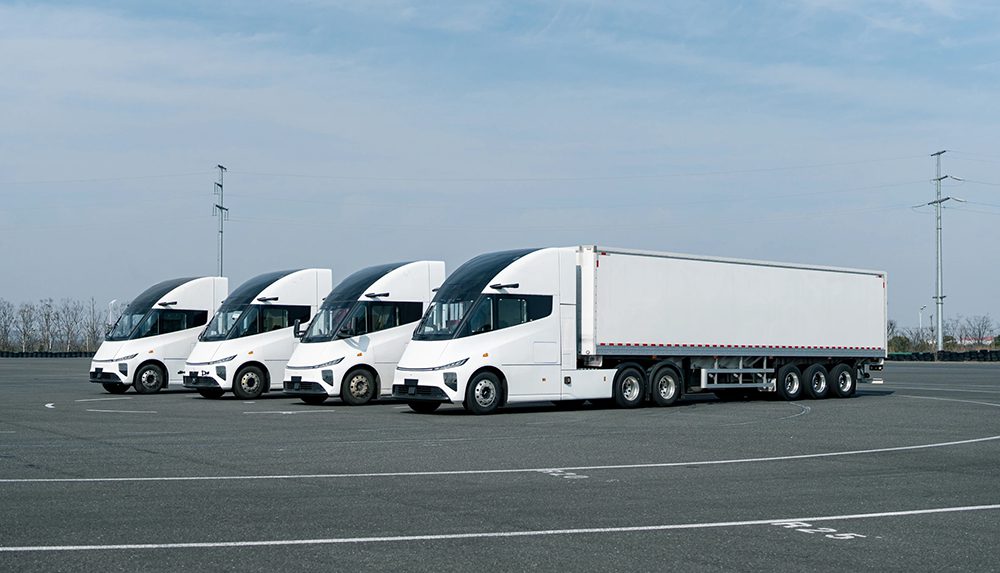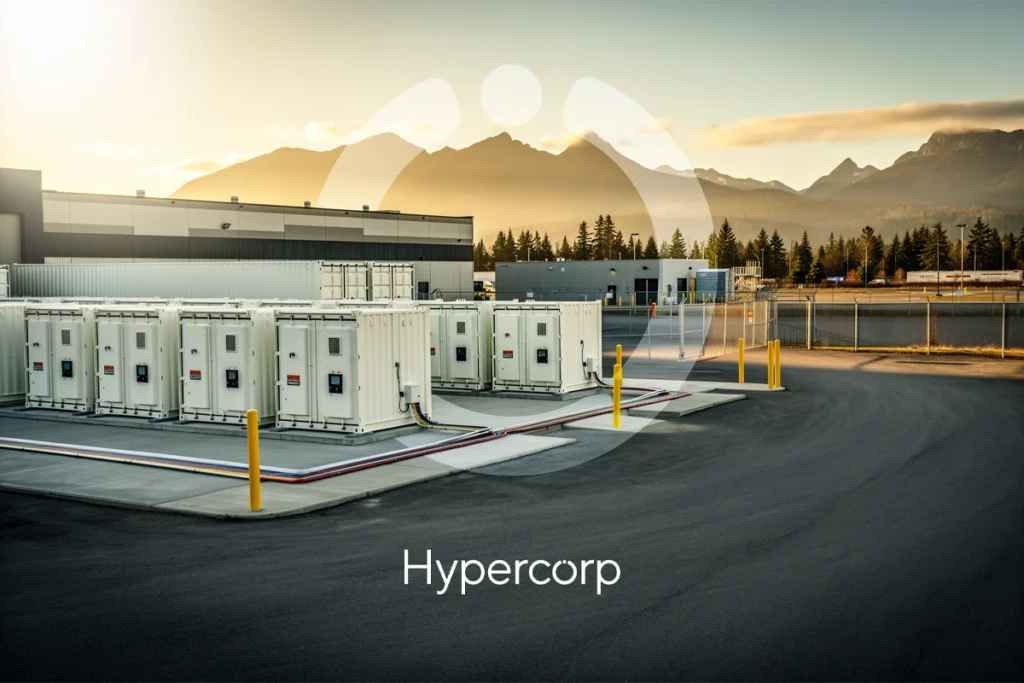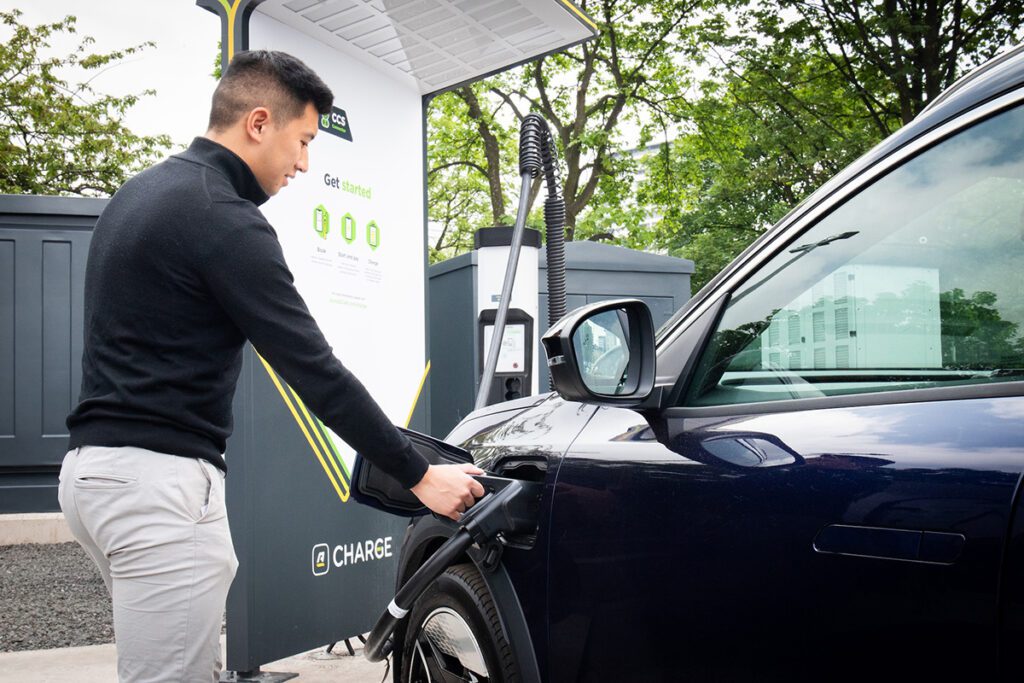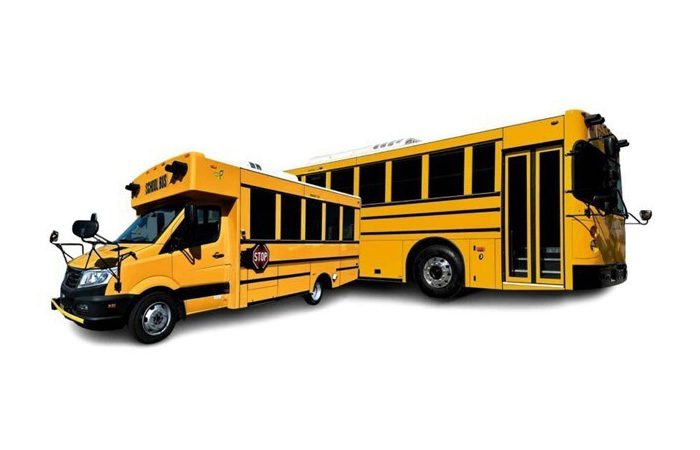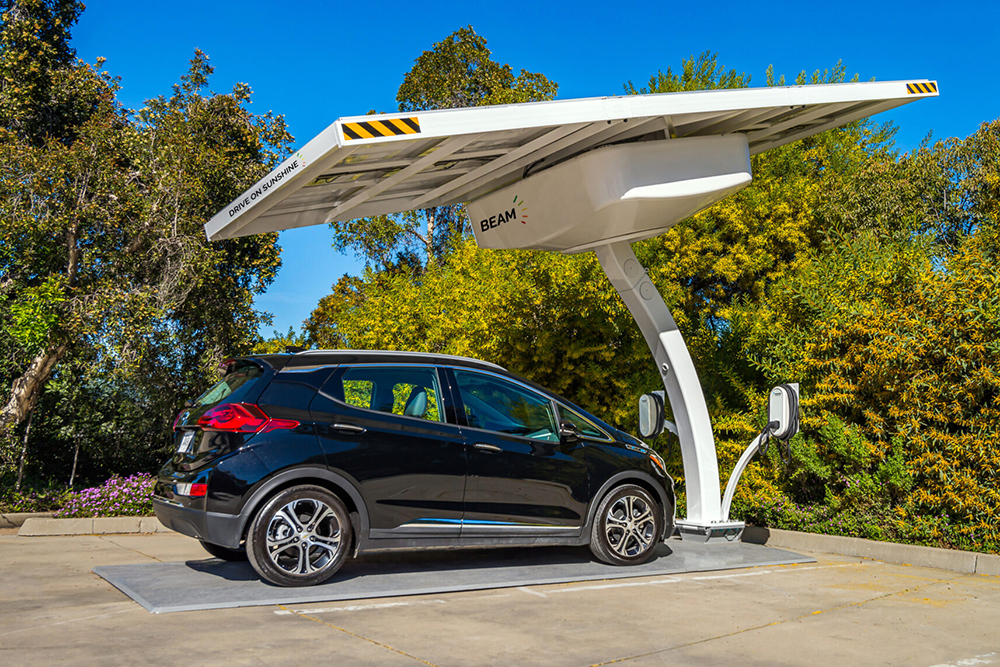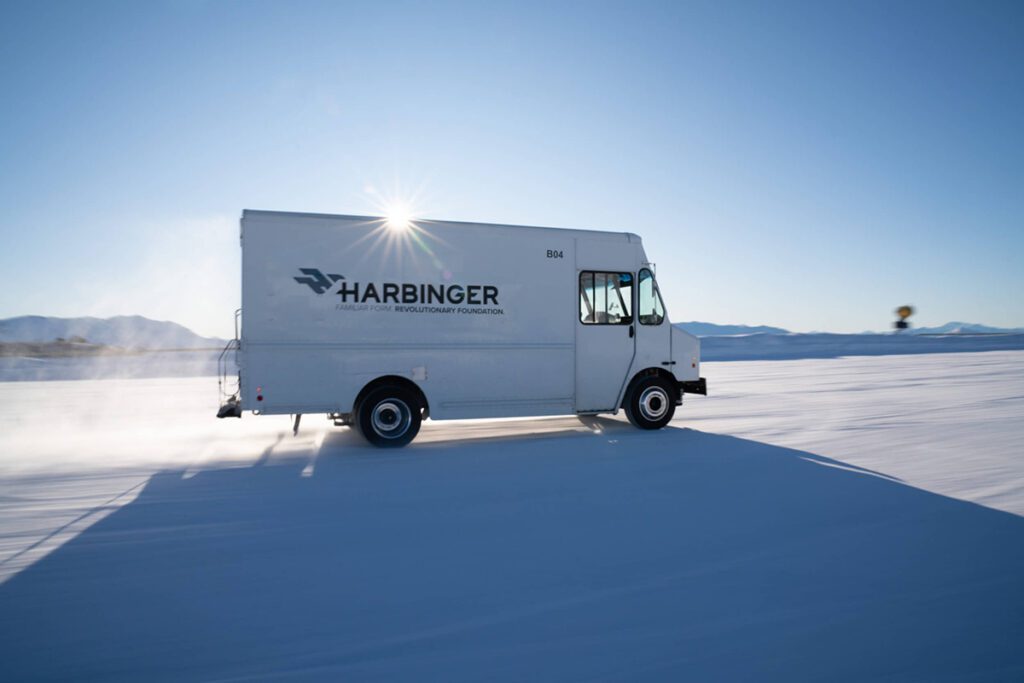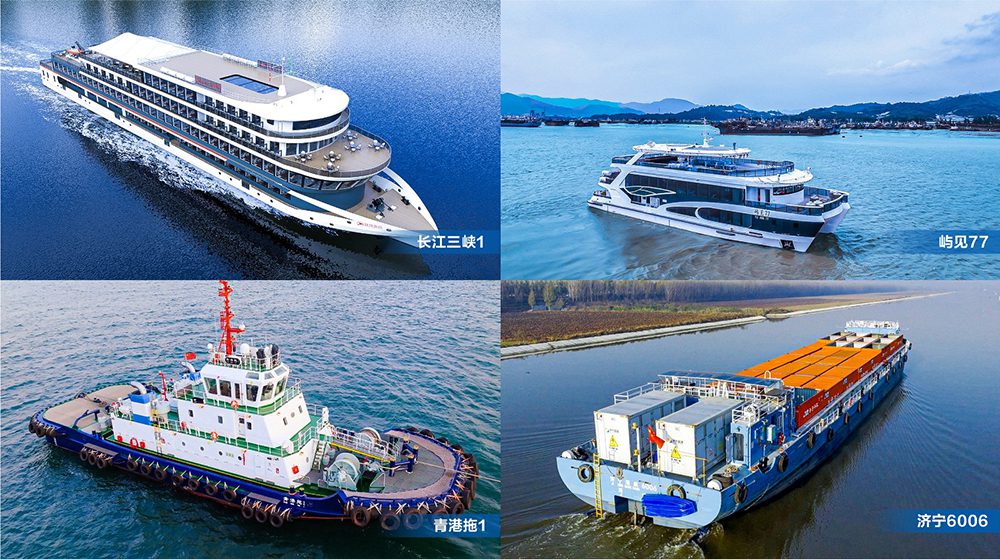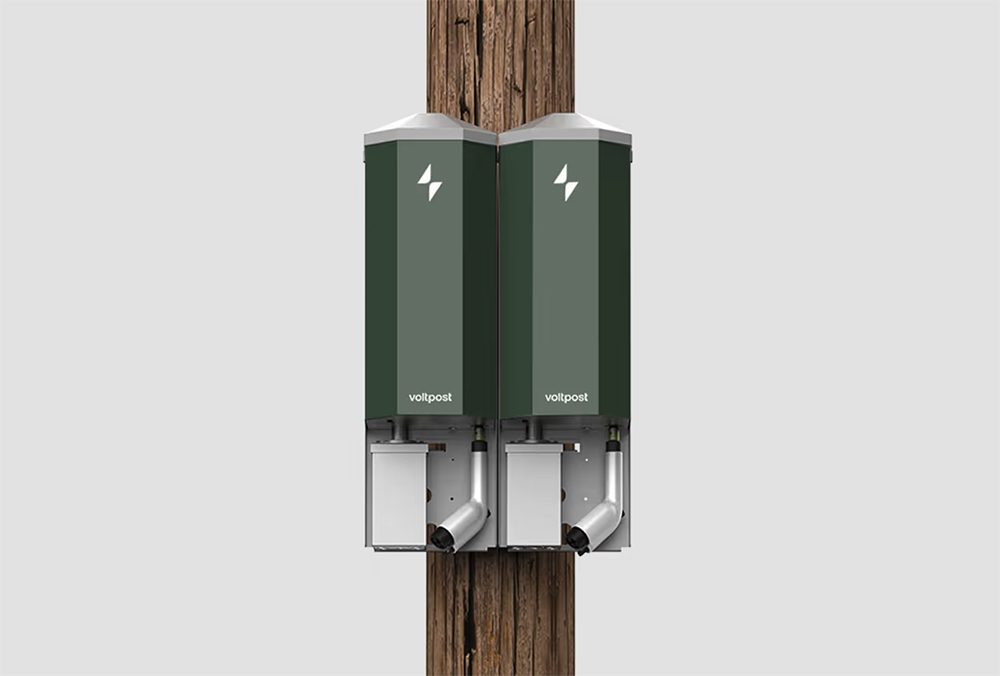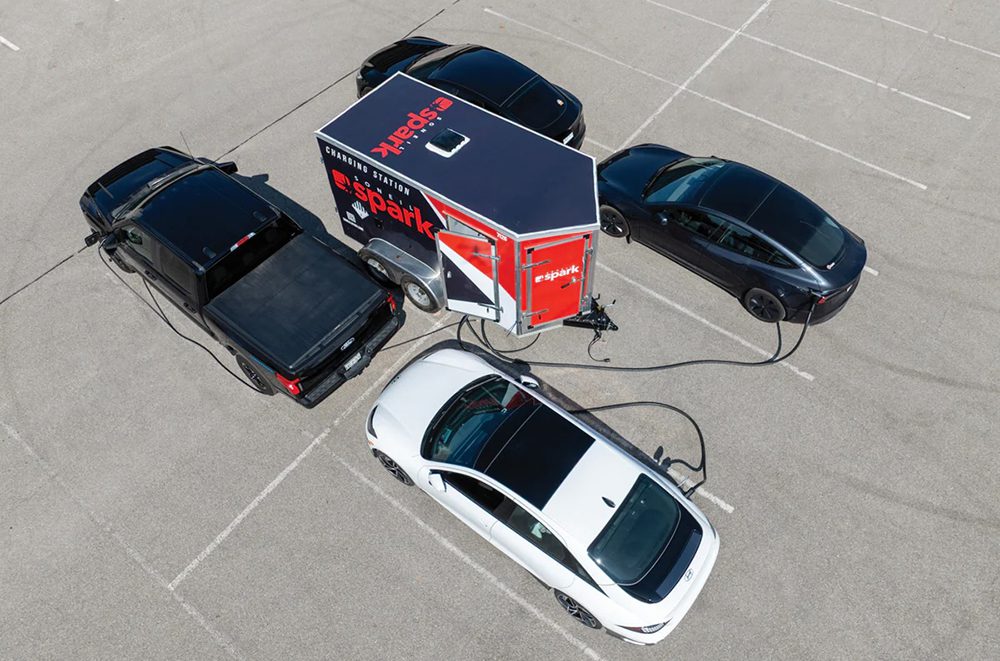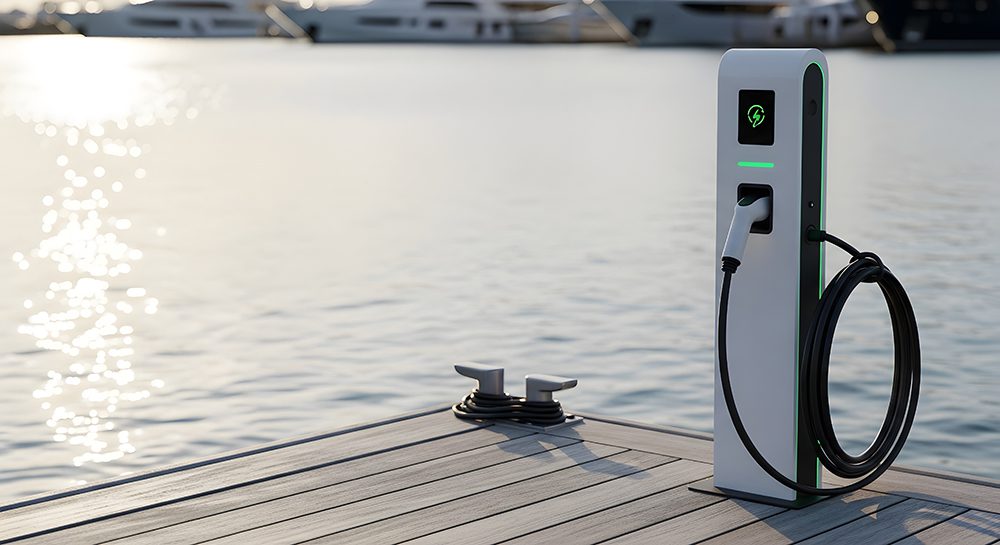For several years now, the California Air Resources Board’s ZEV mandate has required the largest automakers to produce a certain number of zero-emission vehicles for sale in the state. Beginning in 2018, smaller OEMs will be subject to the rules, too.
Unsurprisingly, these companies would rather skip it, and at a May hearing, Jaguar Land Rover, Mazda, Mitsubishi, Subaru and Volvo politely asked to be exempted from the mandate. They argued, with some logic, that their smaller R&D budgets would put them at a disadvantage vis a vis giants such as Ford, GM and Nissan when it comes to developing electrified vehicles.
CARB offered a compromise: automakers with less than $40 billion in annual global revenue must comply with the mandate, but will have the option to sell PHEVs to earn credits toward compliance, and will not be required to develop all-electric or fuel cell cars.
The ruling appears to be good news for Mitsubishi and Volvo.
Mitsubishi’s Outlander Plug-In Hybrid has been selling well in Europe and Japan. It’s expected to launch in the US in the second quarter of 2016, and seems likely to sell much better than the company’s tiny iMiEV has done.
Likewise, the Swedes have had great success in Europe with their plug-in diesel wagon. The more US-friendly Volvo XC90 T8 Twin Engine Plug-In Hybrid will go on sale this summer.
Jaguar Land Rover VP Clinton Blair said he was pleased with the changes, which would let his company “meet the regulations with cars, not credits.” Autocar reported in March that Jaguar is doing “extensive” R&D on electric and hybrid drivetrains, with a view to introducing electric versions of the XE saloon and F-Pace crossover.
For Mazda and Subaru, the picture is much less clear. The two companies currently offer one hybrid model apiece, but no plug-ins. Although, both Japanese automakers have strong ties to Toyota, leading industry observers to believe they will license its plug-in hybrid technology to meet the ZEV mandate.
[Hat tip: John Voelcker]
Source: Automotive News, Autocar






